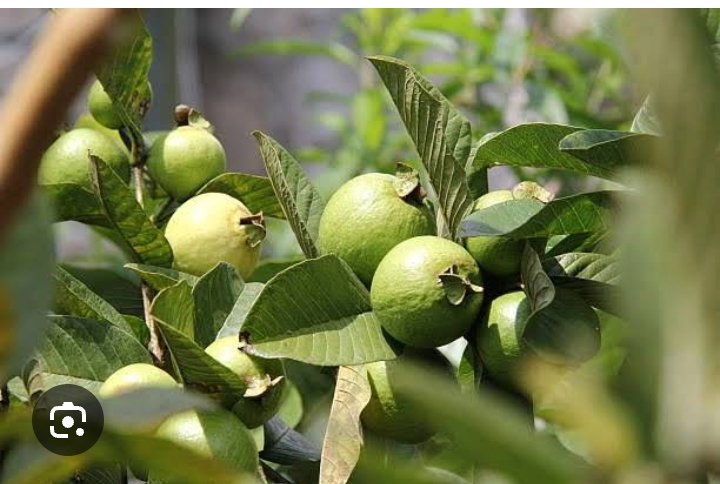Finding a farm near by me can offer fresh, local produce and a chance to connect with nature. Many farms welcome visitors for activities like fruit picking, animal feeding, and purchasing directly from the source. By searching local directories or maps, people can easily locate farms that suit their preferences, whether for farm-fresh food or family outings.
Local farms provide more than just food; they often host markets, petting zoos, and hands-on experiences. These farms prioritize fresh, chemical-free products, and some focus on humane and organic animal care. Accessing these farms supports local agriculture and offers transparent food sourcing.
Visitors interested in farms nearby can explore various options, including roadside stands and farmers’ markets, often just a short drive away. Many regions maintain up-to-date lists and offer GPS coordinates or drop locations to facilitate convenient pickups and visits.
Finding a Farm Near By Me
Locating a nearby farm involves using targeted tools and resources to identify options based on location and farm type. Understanding the variety of farms available and key factors to consider will help narrow down the best choice for visiting or purchasing.
Best Ways to Locate Nearby Farms
Using online maps with search filters is one of the most efficient ways to find farms close by. Platforms like provincial farm directories or agritourism sites often allow users to enter their location and filter by farm type, products, or services offered.
Local farm associations or event pages, such as Alberta Open Farm Days or others, usually provide detailed maps showing participating farms. Social media and farm websites also serve as valuable resources for up-to-date information about farm activities, hours, and available products.
Types of Farms Available Locally
Many regions offer a broad range of farms, including crop farms, livestock farms, and specialty farms. Common categories include:
- Fruit and berry farms
- Vegetable and herb farms
- Dairy and egg producers
- Apiaries and aviaries
- Christmas tree farms and nurseries
- Cut flower farms
Specialty farms might feature products like honey, beef cattle, or locally grown wines. Knowing the types of farms nearby helps in selecting one that provides the specific goods or experiences desired.
Key Considerations When Choosing a Farm
When selecting a farm to visit or buy from, proximity is important for convenience, but it’s also crucial to consider product availability and quality. Checking whether a farm grows its own produce or sources from others can affect freshness.
It is helpful to review farm hours, seasonal operations, and any events or tours offered. Many farms may have additional services such as markets or family-friendly activities. Customer reviews and farm certifications can also provide insights into reliability and standards.
Benefits of Visiting Local Farms
Local farms offer unique opportunities that extend beyond just a casual visit. They provide access to high-quality food and contribute to the health of nearby communities through sustainable practices.
Access to Fresh Produce
Visiting local farms allows people to obtain freshly harvested fruits and vegetables that retain more nutrients and flavor compared to store-bought produce. This direct connection helps consumers avoid long transit and storage times typical in commercial supply chains.
Many farms also sell seasonal products, encouraging a diet that changes naturally with the year. This variety supports better nutrition and reduces reliance on imported goods. Access to fresh produce often includes organic or minimally treated options, which appeal to those seeking healthier food choices.
Supporting Local Agriculture
By visiting a local farm, consumers support small-scale farmers who use sustainable methods like crop rotation and organic pest control. This backing helps maintain farmland and preserve local ecosystems.
Sustaining local farms strengthens the economy by keeping money within the community and providing jobs. Farm visits also foster https://deltanative.com/awareness of responsible farming practices, encouraging a more informed public. Supporting local agriculture promotes land conservation and contributes to reducing the environmental footprint related to large-scale industrial farming.

